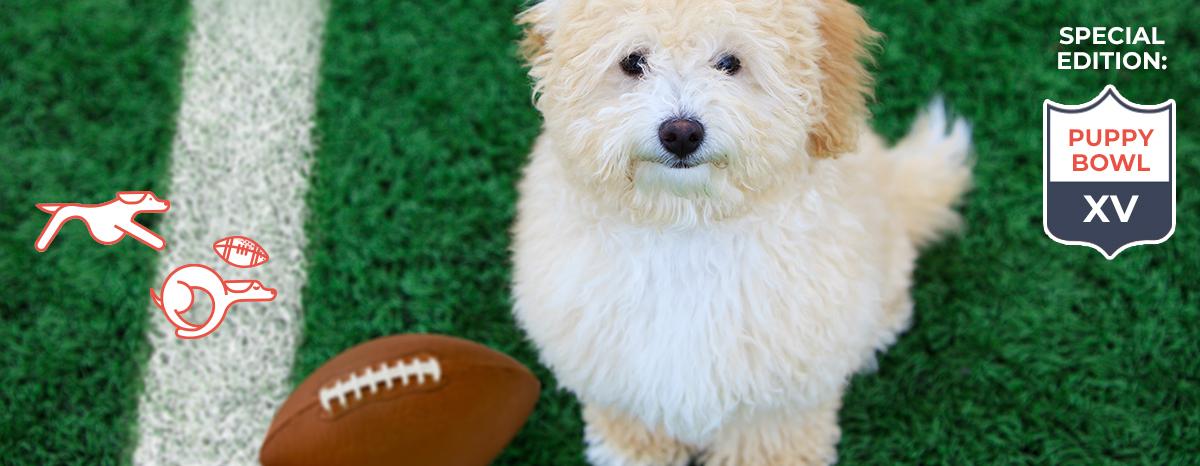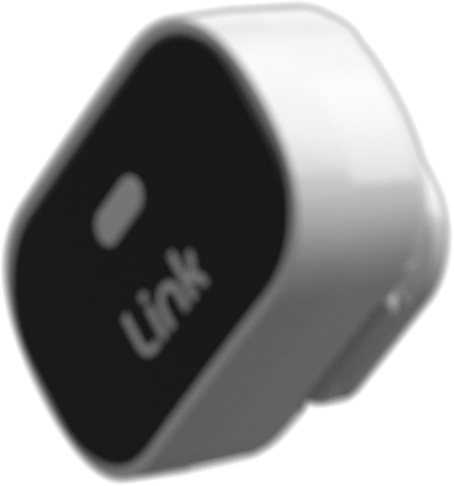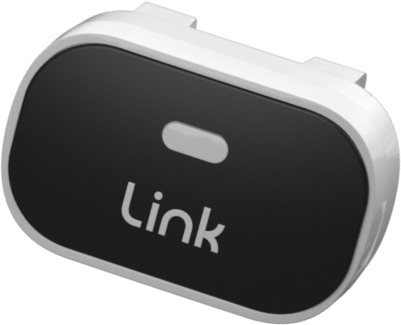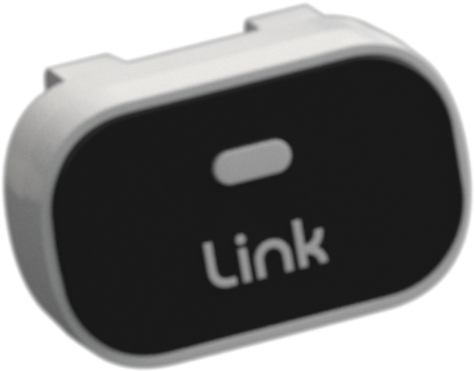Everything You Need to Know about Puppy Teething
With their bright eyes, curious natures, and high energy, puppies and human babies have a lot in common. They also share another sometimes-painful trait: teething. A puppy’s teething typically takes up to eight months, and during that time, he grows 28 primary teeth that fall out and 42 permanent teeth.
Developing healthy teeth is essential to your puppy’s health. Here’s what you should know about his teeth, how to ease the process for him, and when you should call the vet.
The Puppy Teething Process
Your newborn puppy’s first teeth appear at around two to three weeks of age, with the 12 tiny front incisors coming in first, followed by canines and premolars. If you adopt your puppy after he’s weaned from his mother, you likely won’t witness this first round of teeth coming in. However, you should see them fall out, which happens between weeks eight and 24.
Signs your puppy is teething include:
- Little teeth stuck to objects your puppy chews on.
- Spots of blood on his favorite chew toys.
- Increase chewing and nipping, which is a self-soothing behavior for teething puppies.
You might also notice excessive drooling and a loss of appetite.
How To Soothe Your Teething Puppy
Teething is an unavoidable part of growing up for your pet, but you can help make the experience a little less miserable.
- Provide teething toys like soft plastic chews, teething sticks, and rubber dental rings.
- Try freezing toys and treats to ease the swelling and pain of teething gums.
- Puppy-proof your home by hiding wires and cords, gating off rooms and making toxic items inaccessible.
Puppy teething is also a great time for establishing a regular dental care routine. Though you don’t want to brush your pup’s sensitive growing teeth, you can help them become familiar with the toothbrush and paste. If you notice anything out of the ordinary during the doggy dental care process, be sure to contact your veterinarian.
When to Call the Vet
Most puppies weather the teething process without issue. But if your pup hasn’t lost all his baby teeth by the time he’s 30 weeks old, you might want to schedule a vet visit to make sure none of his permanent teeth are impacted. In rare cases, a permanent tooth comes in, but the baby tooth in front of it stays attached, so the vet will need to extract it.
Other signs of teeth troubles include difficulty eating, mouth odor, or rubbing at the mouth.
How to Help Your Pup Keep His Teeth for a Lifetime
Establishing healthy teeth practices early in your puppy’s life is one of the most loving things you can do for his overall health. Once all your pet’s permanent teeth have come in, begin a regular dental care routine to keep his choppers healthy throughout his life. Schedule cleanings to remove plaque to avoid any medical problems caused by excess tartar. Your dog and his teeth with thank you!




